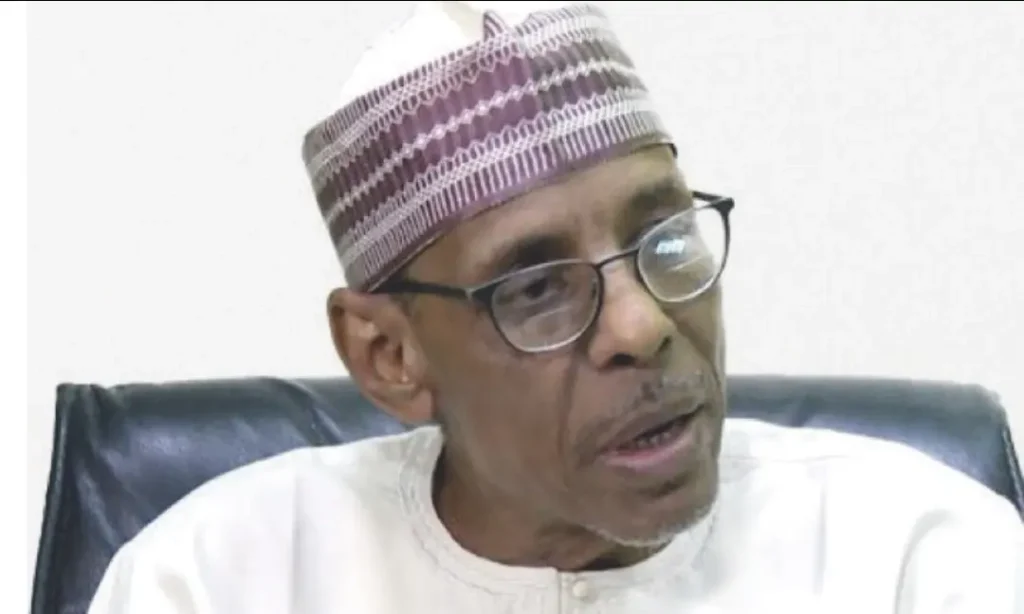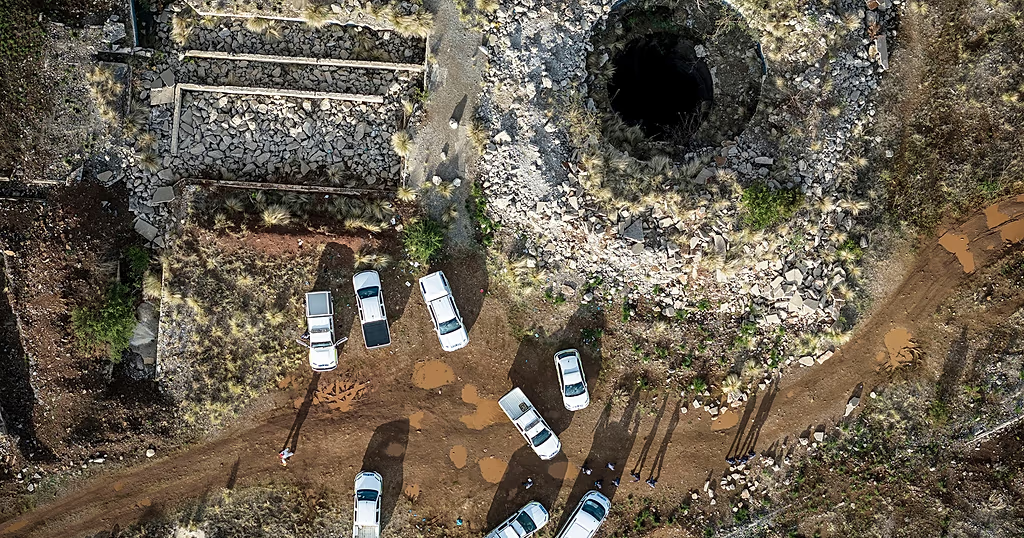Libya’s Electoral Commission Urges Caution Amid Municipal Election Results
Libya’s High National Elections Commission (HNEC) has issued a stern warning to the public, advising against relying on unofficial sources for municipal election results. The commission has emphasized that only data released through its official website or verified social media channels should be trusted. This warning comes as the country navigates a complex electoral process, marred by disruptions and security challenges.
According to official figures, the recent municipal elections saw a significant voter turnout of approximately 161,684, representing 71% of those who collected their voting cards. The elections, held across 26 councils, marked an crucial step towards restoring local governance in the war-torn nation.
Despite the high participation, the voting process was hindered by various disruptions. In the eastern and southern regions, authorities withheld voter cards and cancelled polls in dozens of municipalities, effectively disenfranchising thousands of citizens. In the west, violent incidents, including arson attacks on HNEC facilities in Zawiya and an assault on its offices in Zliten, forced delays and postponements.
These actions have raised concerns among international observers and civil society groups, who argue that they undermine the electoral process and violate citizens’ fundamental rights. The UN Support Mission in Libya has joined the chorus, expressing its concerns over the actions’ impact on the country’s democratic trajectory.
In light of these challenges, HNEC’s call for patience and reliance on official data assumes significant importance. As Libya inches towards restoring local governance, ensuring the integrity of the electoral process is paramount. The commission’s emphasis on verified sources aims to prevent misinformation and speculation, which could further destabilize the fragile democratic process.
HNEC plans to officially publish the election results within 21 days, although the process may wrap up sooner due to suspended voting in several areas. As the country waits with bated breath for the outcome, it is imperative that all stakeholders prioritize the integrity and transparency of the electoral process. This will be crucial in restoring the faith of the Libyan people in their democratic institutions and charting a course towards a more stable and prosperous future.
By heeding HNEC’s warning and relying on official data, citizens and international observers can play a vital role in safeguarding the integrity of Libya’s electoral process. This collective effort will be essential in ensuring that the country’s democratic aspirations are not undermined by logistical and security challenges.



